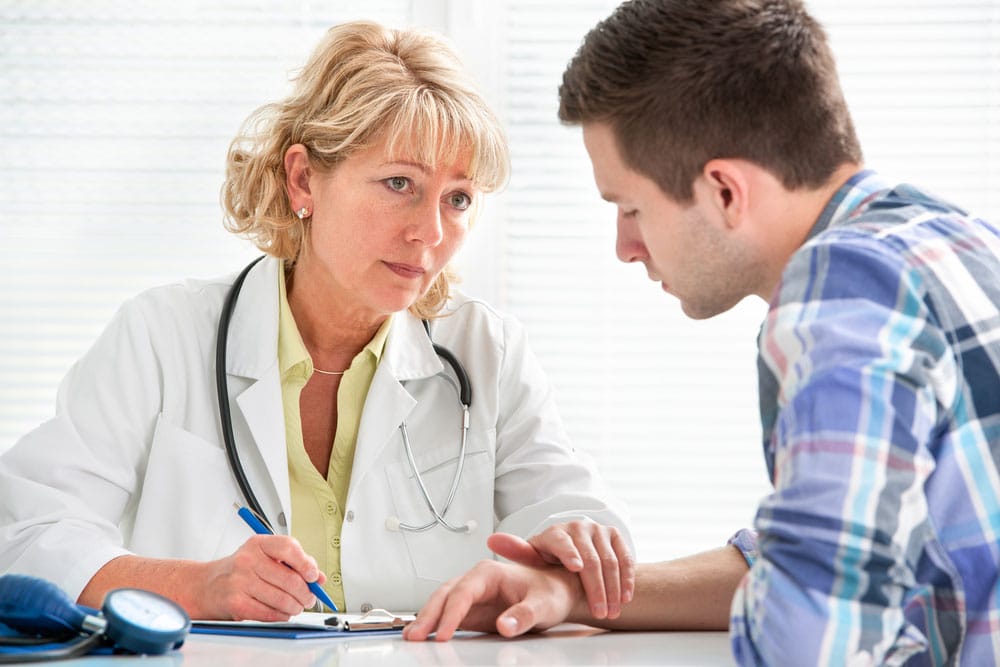
When you suffer from an addiction in the UK, the stigma attached to rehab clinics could put you off seeking help.
Here in the UK, we have a problem with rehab. It’s not a real problem, but an imaginary one. It stems from the perception of rehab as either a bad place to go to, or somewhere that’s associated entirely with addiction. It’s not. You can go to rehab for other things and nobody will lock you in there. You can leave whenever you like.
Despite the prevailing myths surrounding rehab clinics, there are those of us that want to go, but are put off by not knowing what goes on in them. We are here to fill in the blanks so that you can get yourself off to rehab. Here goes.
Table of Contents
Rehab Takes Three Stages
According to the experts at the the rehab selection service https://www.help4addiction.co.uk, there are three main stages to rehab. It is worth mentioning that rehab clinics work best when they are tailored to your needs. To tailor a rehab to your needs, a rehab selection service will answer you a series of questions that relates to your needs. They can then narrow down your choice and get you on your way.
The three stages of rehab are as follows.
The Detox Process
The detox process begins from the last time you take your drug of choice. After a few hours, usually around 6, you will start to feel intense withdrawal symptoms. These symptoms might include shakes, aches, and pains, delirium, vomiting, or psychosis. This is a dangerous time for the recovering addict and thus should be completed in the presence of medical professionals. This is the safest way to become chemically free of the drugs or alcohol used.
After you start to feel well enough to leave your room, you can move onto the rehab process.

The Rehab Stage
The rehab stage will take up the largest portion of your stay. It will begin from the moment you feel able to leave your room, or your house, if you are doing rehab as an outpatient. When you can leave your room, your therapy sessions can start.
Expect to have one session in private with a therapist during the week. You will have 3 or more group therapy sessions and, if you do something like the 12 steps program, you may have even more than that. Group sessions allow you to recover through peer support and shared experiences.
Rehab includes learning tools, as well. You will be taught how to self-manage your symptoms, how to recognise triggers, and even how to get back to work. You may take part in holistic therapies or fun activities which see you kept busy from morning till evening. The busier you are, the less time you must think about drugs.
Secondary Rehab Care
Secondary rehab treatment helps ease the transition back into normal life when you leave rehab. It should include phone support or online resources.
Rehab in your Own Time
The important part is that you take your time through each stage and learn to recover on your own time.





